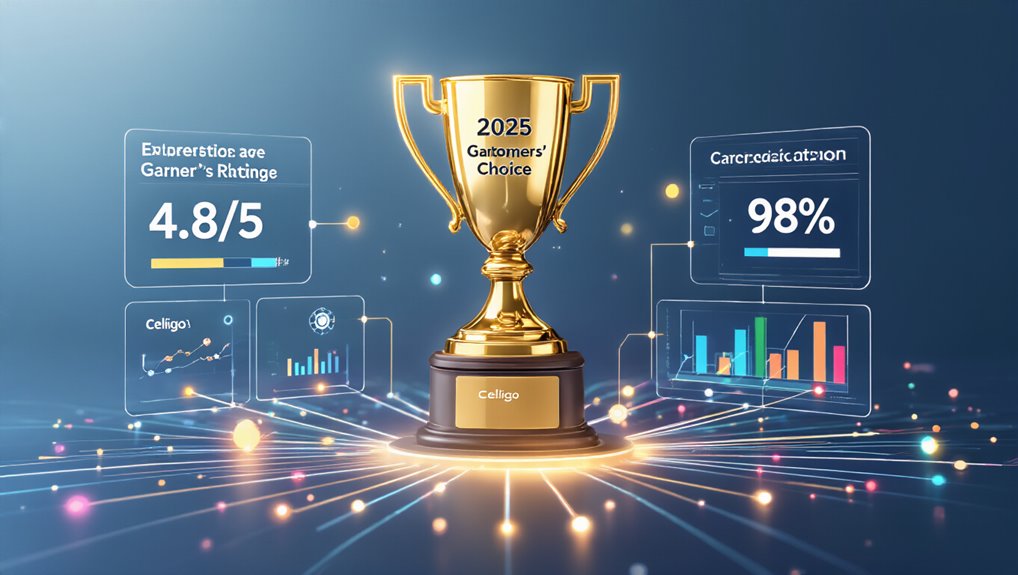As customer success teams face mounting pressure to deliver exceptional experiences while managing growing customer bases, artificial intelligence (AI) has emerged as a transformative force in the industry. The question of whether AI will replace or empower these teams has become increasingly relevant as adoption accelerates. Current data indicates that more than 50% of Customer Success organizations already utilize AI solutions, though they aren’t yet considered essential components of their technology stack.
AI markedly enhances operational efficiency by automating routine tasks like ticket categorization and routing. This automation saves service representatives an average of 1.2 hours daily and reduces customer service costs by approximately 25%. The financial impact is particularly notable in interaction costs, with AI-driven chatbots costing just $0.50 compared to $6.00 for human interactions. Labor costs can drop by up to 90% through AI automation of routine tasks.
Customer retention receives a substantial boost through AI implementation. Predictive analytics identify patterns that lead to churn, enabling proactive interventions before customers disengage. These early warning systems allow teams to focus their attention on at-risk accounts and deliver personalized support that addresses specific pain points.
By 2025, experts project that up to 80% of customer interactions will involve AI in some capacity. This integration facilitates personalized experiences that can increase repeat purchases by 36%. AI-powered solutions also reduce resolution times by up to 52%, creating more efficient issue handling and improved customer satisfaction.
Rather than making customer success teams obsolete, AI is transforming their capabilities and focus. Teams using AI can shift from reactive problem-solving to strategic relationship building. The technology handles repetitive tasks while human team members concentrate on complex issues requiring empathy and creative thinking. Real-time tracking of request patterns helps teams forecast volume spikes and adjust staffing accordingly.
The future of customer success lies in human-AI collaboration. AI will continue streamlining operations, analyzing vast amounts of customer data, and providing actionable insights. Meanwhile, customer success professionals will leverage these capabilities to deliver more personalized, proactive, and valuable support.
This partnership doesn’t threaten jobs—it elevates them, making customer success teams more powerful and effective than ever before.









